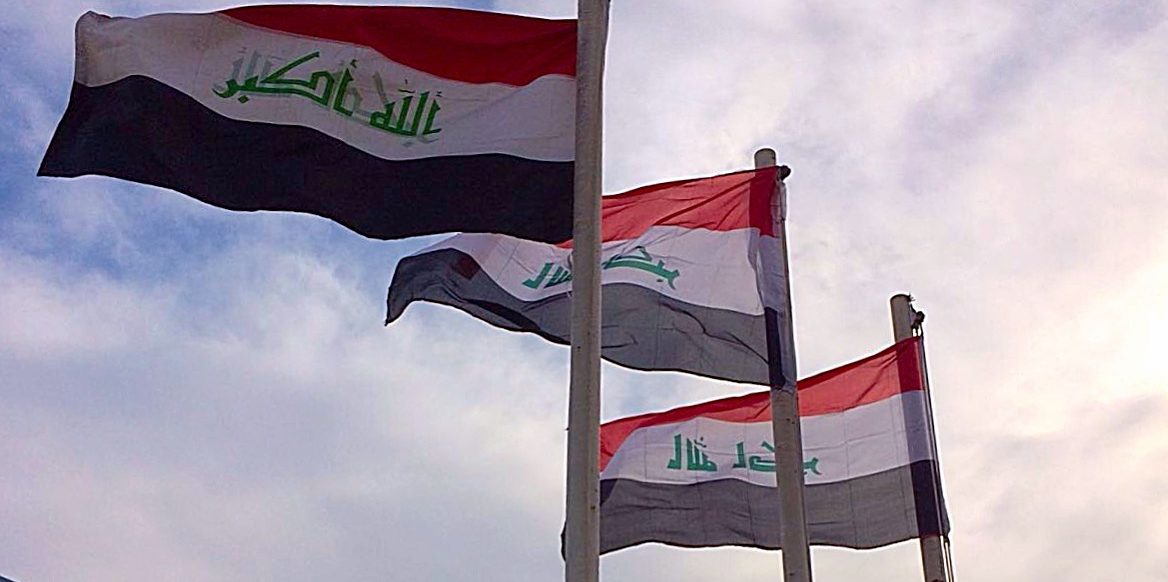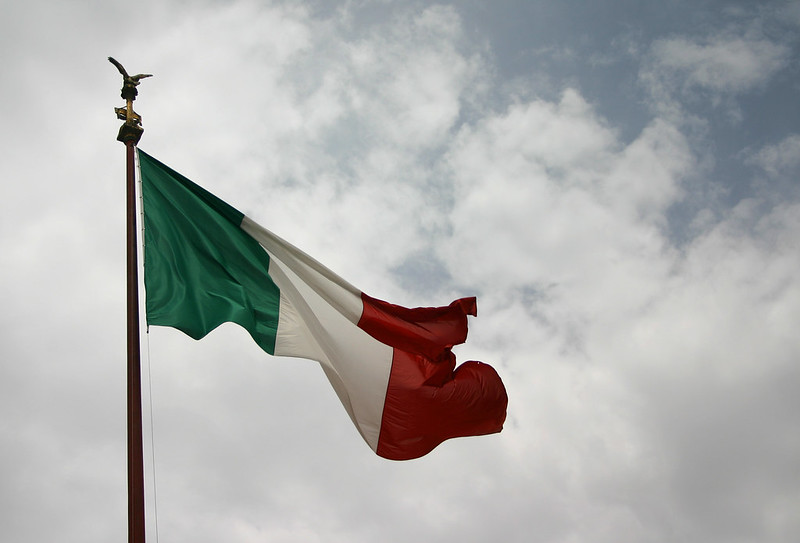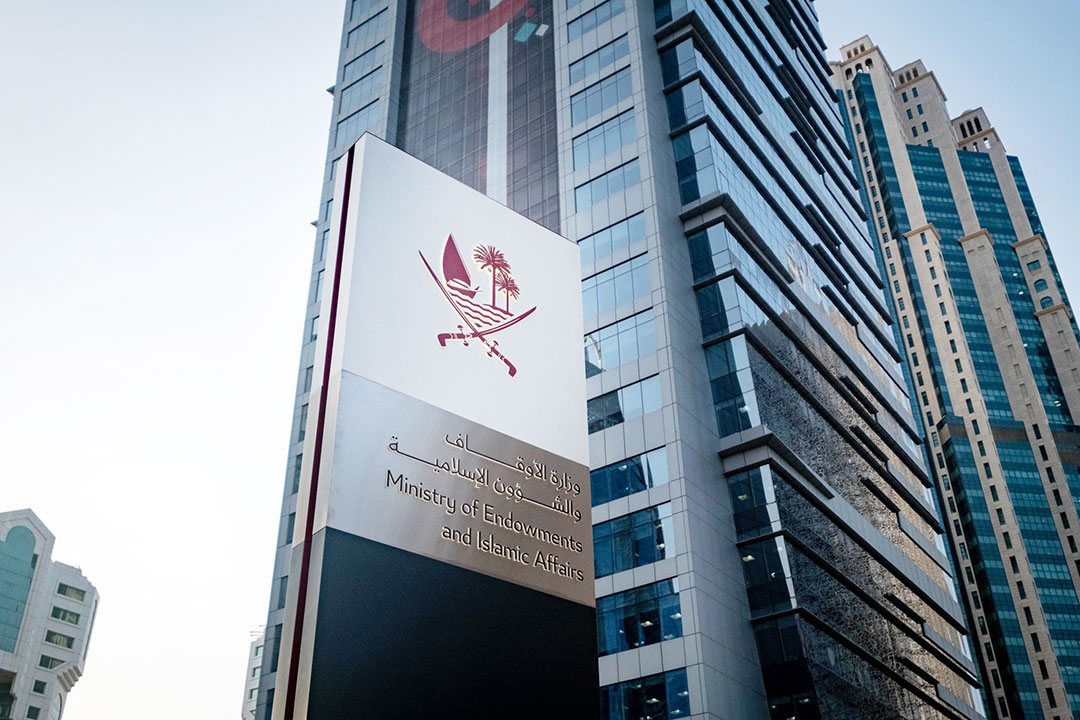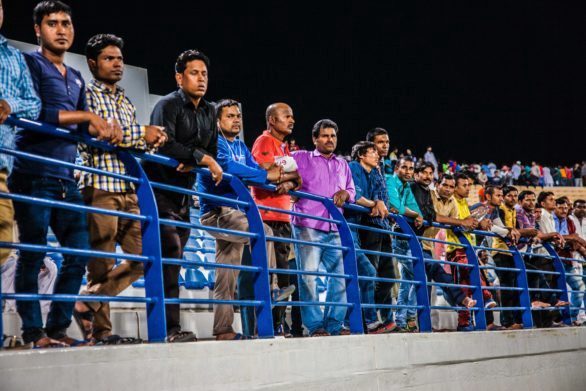
A UN agency has granted Qatar even more time to address allegations of “forced labor” before deciding whether the country should be sanctioned.
The International Labor Organization (ILO) decided yesterday to continue monitoring Qatar for human rights violations until November of this year.
When it convenes in eight months time, it will revisit whether to open a Commission of Inquiry, its highest investigative mechanism.
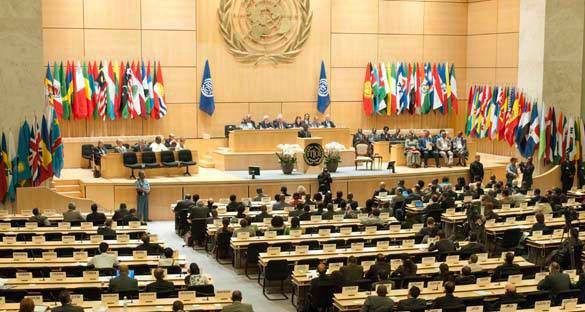
According to those who attended this week’s meeting, about 18 governments weighed in on the decision.
Some of them, including the UAE and Sudan, two Qatar allies, urged the complaint to be dropped altogether, but were unsuccessful.
Pressure is on
The ILO has been investigating allegations by unions against Qatar since last year, and visited the nation to inspect working conditions for expats.
Last March, the UN agency decided to give Qatar a year to work on the issues at hand, as the country was in the middle of changing its laws.
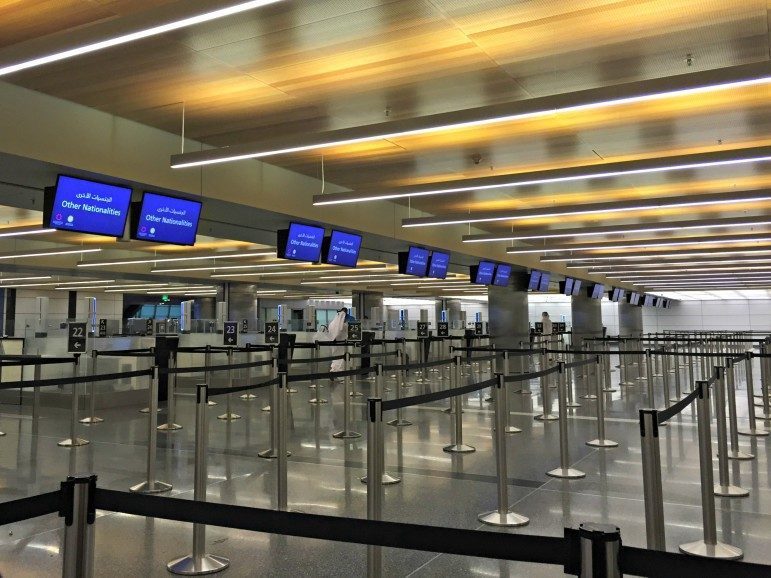
Authorities did implement some labor reforms in December. But they did not completely do away with the exit permit system or no objection certificate requirement to change jobs.
This has drawn the ire of many rights groups, including Amnesty International.
Speaking to Doha News yesterday, James Lynch, deputy director of Amnesty’s Global Issues Program, hailed the ILO’s decision. He said it would keep the pressure on Qatar, as “half-hearted reforms” are not enough.
He continued:
“Since the complaint was first brought in 2014, the government has done little to change the power imbalance between employers and migrant workers.
Between now and November, Qatar needs to tackle the fundamentals. It should start by genuinely abolishing the exit permit system so that employers have no right to interfere in a migrant worker’s ability to leave the country.”
Strides made
For its part, Qatar has not publicly commented on the ILO proceedings.
However, in a document it sent to the UN agency last month, officials outlined various pieces of legislation aimed at safeguarding workers.
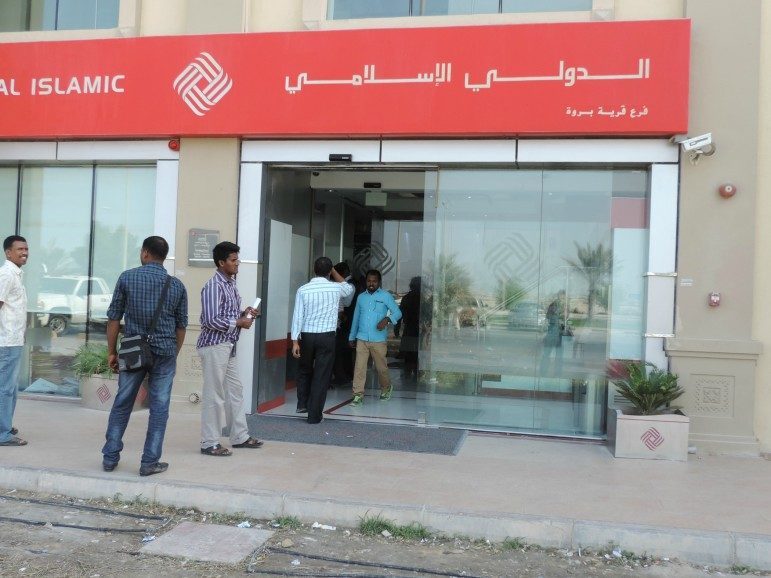
This includes the new labor reforms, the Wage Protection System (WPS) and a draft law protecting house help.
It also pledged to increase the number of inspectors on construction sites, establish a complaint hotline for abused expats and conduct a study to gain insight into the conditions and sentiments of blue-collar workers in Qatar.
Thoughts?


